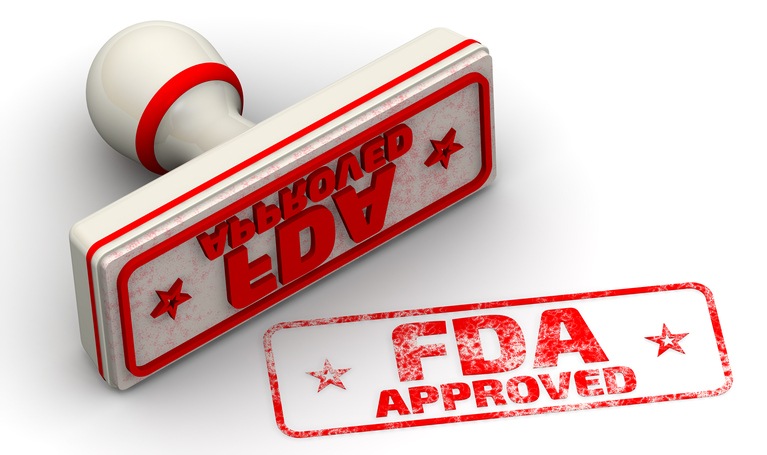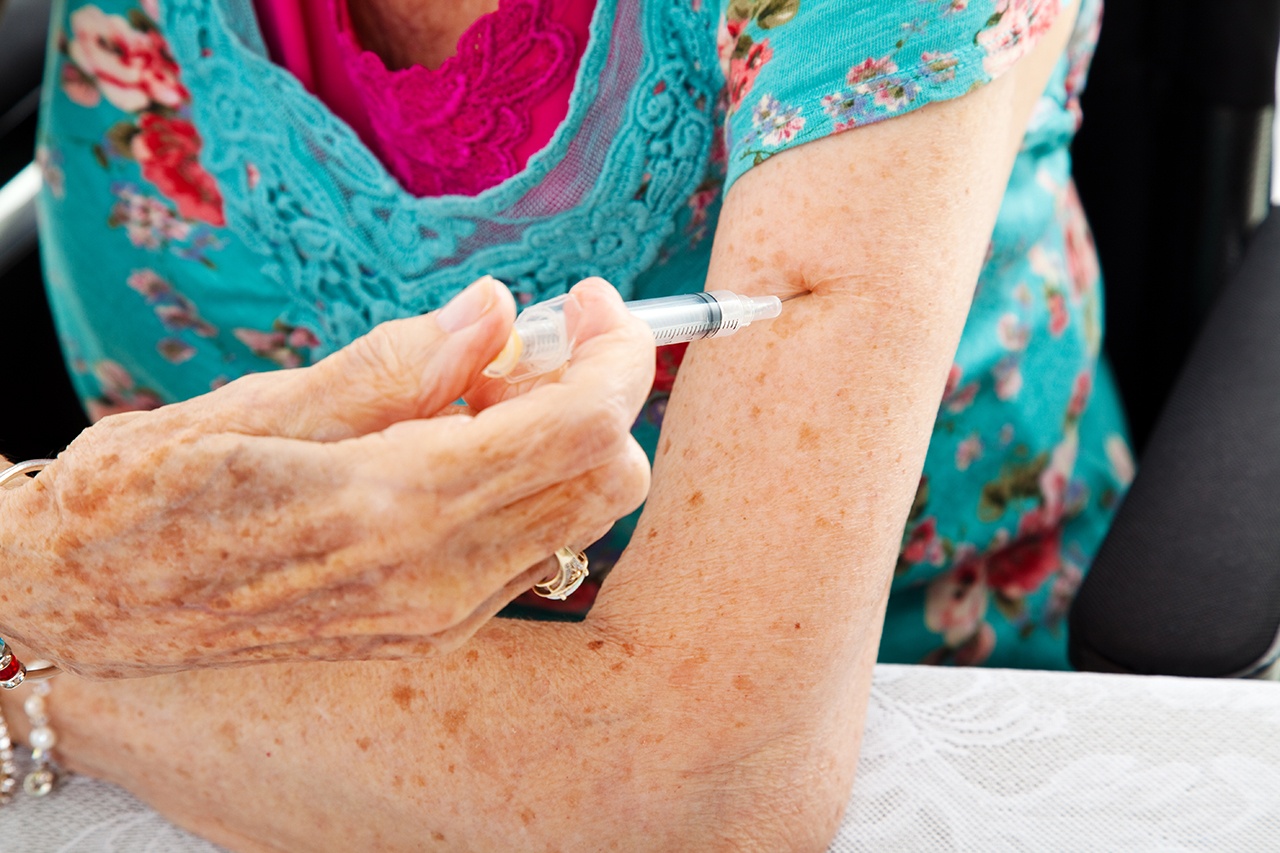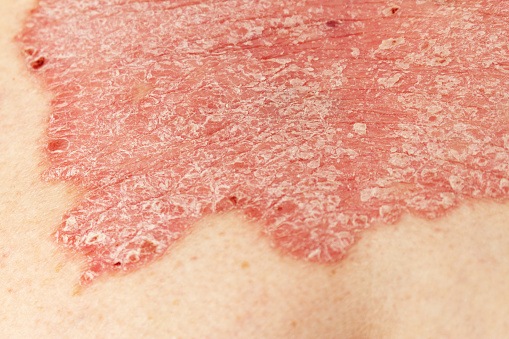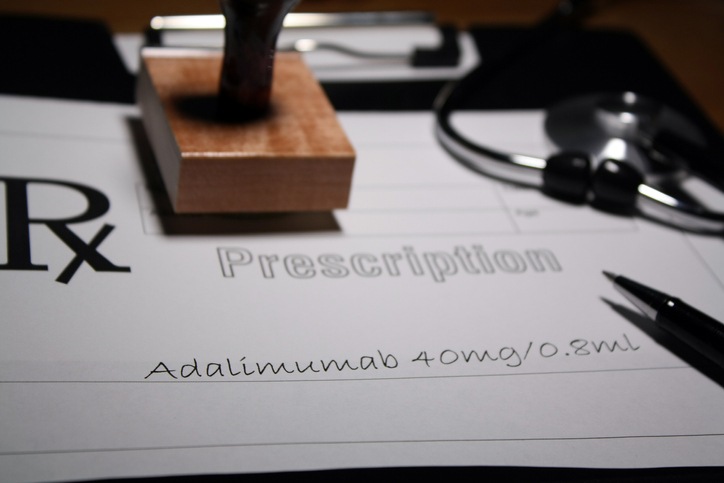
The Food and Drug Administration (FDA) has approved calcipotriene (Sorilux) to treat adolescents with plaque psoriasis. Sorilux, manufactured by Mayne Pharma, is a 0.005% topical foam now indicated for patients aged 12 years and older to use on the scalp and body.
“Topical products are the mainstay of treatment for plaque psoriasis patients and the foam delivery platform has a well-established reputation with dermatologists due to ease of application and lack of greasiness and stickiness, especially in hair-bearing areas and under clothing,” said Scott Richards, CEO of Mayne Pharma, in a press release.
Psoriasis is an autoimmune disease. According to the National Psoriasis Foundation, about 20,000 patients younger than 10 years old are diagnosed with psoriasis each year. It can be difficult to make a diagnosis because it can be mistaken for another skin disease. Children of one parent with psoriasis have about a 10% chance of developing it themselves, and if both parents have the disease, the chance increases to about 50%. Young patients sometimes develop psoriasis after an infection such as strep throat; between 33% and 50% of young psoriasis patients present a flare-up two to six weeks following conditions including an earache, strep throat, bronchitis, tonsillitis or a respiratory infection.
Clinical Trials for Initial Calcipotriene Approval
Calcipotriene was approved by the FDA in 2010 to treat adult patients with plaque psoriasis. This approval was the result of two multi-center, randomized, double-blind, vehicle-controlled clinical studies evaluating 659 psoriasis patients, who were randomized 2:1 to twice daily doses of calcipotriene or vehicle for eight weeks. Researchers used the 5-point Investigator Static Global Assessment scale (ISGA) to evaluate baseline disease severity: (grade 0: clear, no evidence of scaling, erythema, or plaque thickness; grade 1: almost clear, occasional fine scale, faint erythema, and barely perceptible plaque thickness; grade 2: mild, fine scale with light coloration and mild plaque elevation; grade 3: moderate, coarse scale with moderate red coloration and moderate plaque thickness; grade 4: severe, thick tenacious scale with deep coloration and severe plaque thickness). Treatment success was defined as achievement of grade 0 or grade 1 by eight weeks, and improvement of at least two grades from baseline.
At baseline, about 30% of patients’ disease was considered mild; patient age ranged from 12–89 years, and 10 patients were younger than 18 years. The majority (54%) of patients were male.
In the first study, 223 patients were randomized to calcipotriene and 113 received vehicle foam, and 31 (14%) and 8 (7%), respectively, achieved treatment success. In study two, there were 214 and 109 patients, respectively, of whom 58 (27%) and 17 (16%), respectively, achieved treatment success.
A follow-on open-label trial provided information on calcipotriene in patients aged between 12 and 17 years.
Sources: FDA SORILUX Foam , FDA HIGHLIGHTS OF PRESCRIBING INFORMATION, PR Newswire, National Psoriasis Foundation







 © 2025 Mashup Media, LLC, a Formedics Property. All Rights Reserved.
© 2025 Mashup Media, LLC, a Formedics Property. All Rights Reserved.